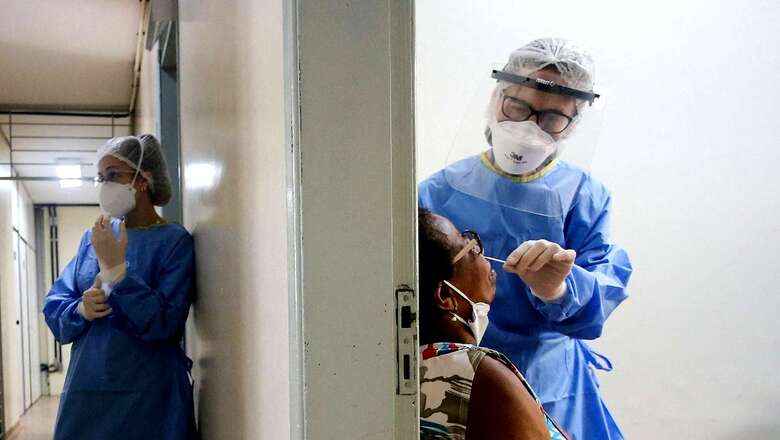
views
Long COVID or post-COVID symptoms are the health conditions that affect people after recovery from the infections caused by Covid-19 virus. However, post-recovery, the symptoms still continue to impact their day-to-day life. Not being able to perform routine activities can have a serious impact on your mood.
Various studies have proved that long Covid can have a serious impact not just on your physical health but also mental health. Many observed that their mood is getting impacted after recovering from the infections and they are finding it difficult to go back to their work or have a social life like before.
In a recent study with the help of Electronic Health Records (EHR), it was found that within 3 months after recovering from the infections, the survivors are likely to experience an increased risk of low mood and depression.
In a large EHR study, experts have also noted various changes in mood, which lead to the symptoms of long COVID conditions.
Signs and symptoms of low mood:
· Anger
· Sadness
· Frustration and anxiety disorder
· Getting panicky too often
· Worrying too much
· Hopelessness
· Low self-esteem
· Tiredness
The levels of mood swing can be different for everybody. It usually goes away in some days, but many also feel the problem for a couple of weeks. However, if the feeling doesn’t improve even after weeks or so, then it can be a sign of depression.
So, to cope with the issue and be in control of your emotional and mental state, you need to make some changes in your lifestyle and get extra support from your family, friends or even from colleagues at work.
Simple lifestyle changes like a well-balanced diet, limiting your alcohol intake, quitting or controlling the urge to smoke, getting enough sleep, and daily physical exercise will go a long way in helping you during your recovery period.
And, if you are often experiencing depression and facing difficulty in getting back on track, then you should visit your doctor.
Read all the Latest Lifestyle News here



















Comments
0 comment